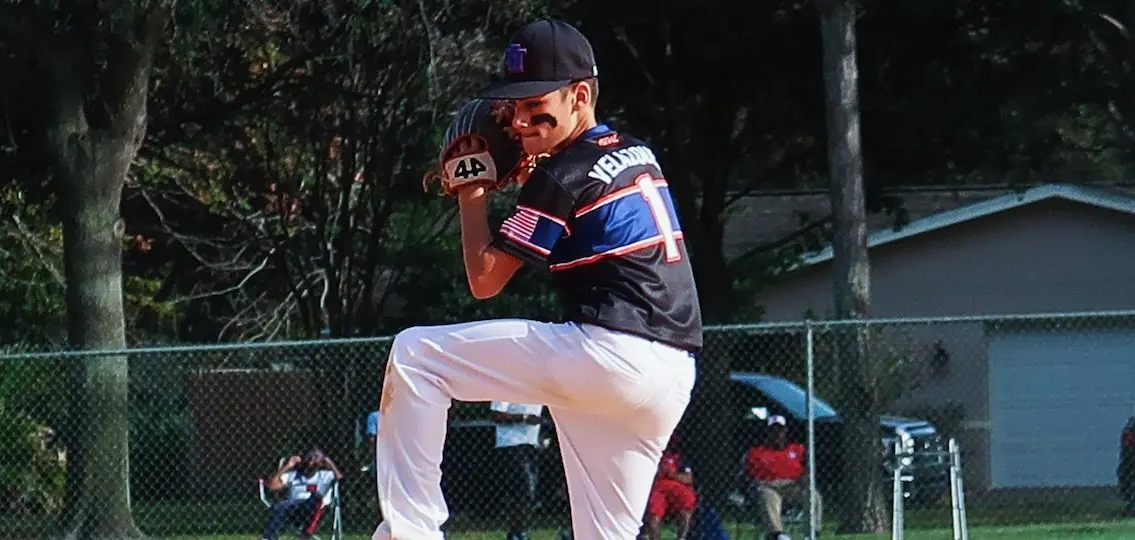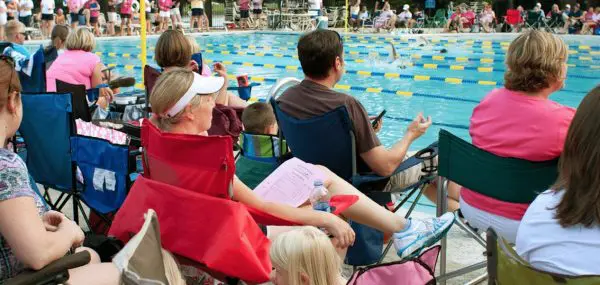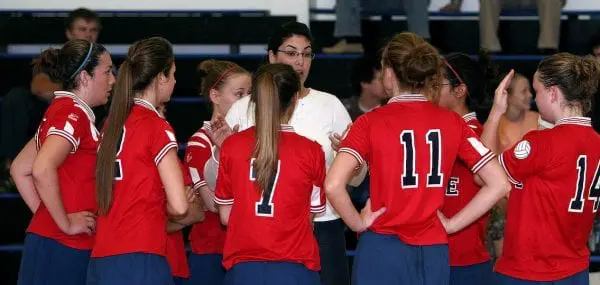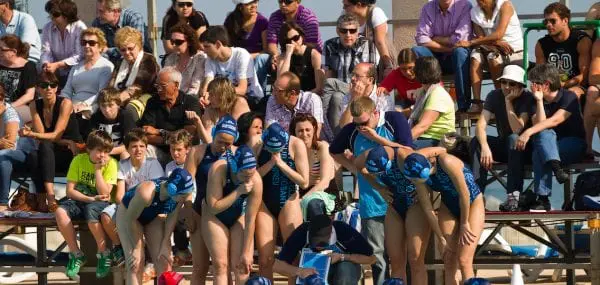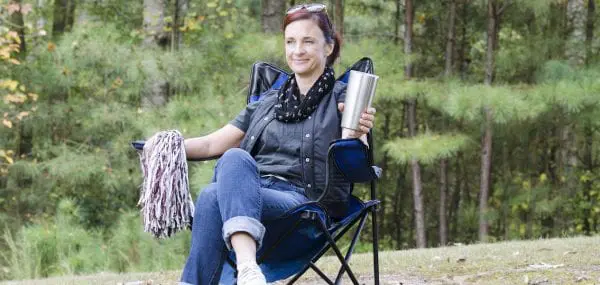The COVID-19 pandemic put a temporary hiatus on youth travel baseball tournaments, but the long-term effects continue in the high school and college recruiting process. Due to the cancellation of games and showcases, travel baseball players of all ages are facing the question of how to stand out to college scouts. Many are changing the way they practice as they search for opportunities to display their talent.
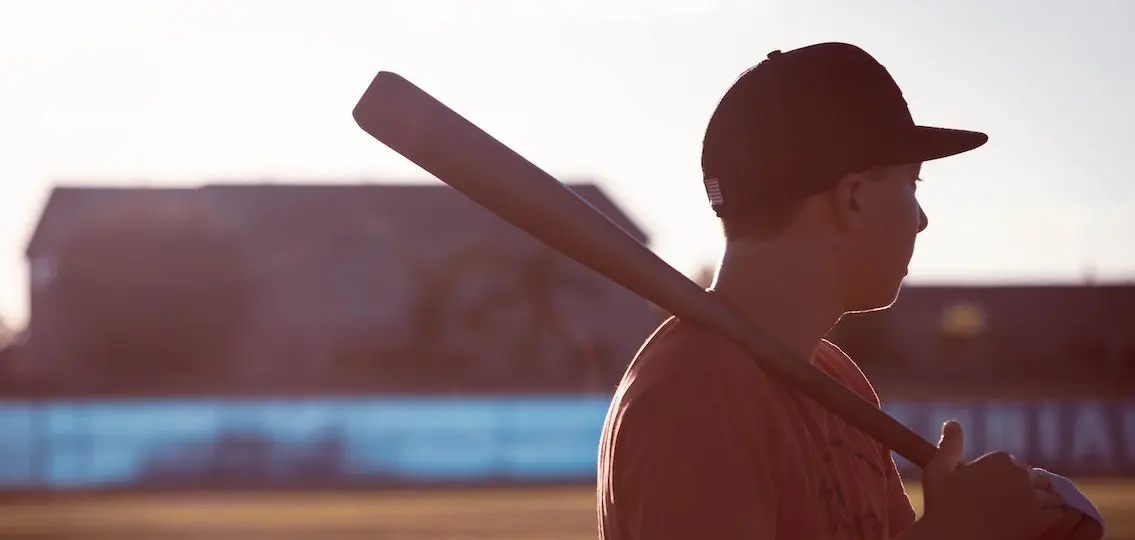
Due to the impact of the pandemic, there are many players who are not on active baseball team rosters. Similarly, there are teams without enough players to attend tournaments. My 14-year-old brother Elier Velazquez is just one travel baseball player impacted by pandemic changes.
Elier is currently on the Ballers Baseball team in Lakeland, Florida. But because of a lack of players to complete the organization’s second roster, there is only one active roster team and a practice team.
“I just want to play baseball,” Elier says. “I can’t wait to go out on the field and play in a tournament again. I miss that feeling.”
Coaches, as well as players, are devastated and can only hope for a better outcome next season. Ballers Baseball Coach David Gotauco says the biggest challenge for him and his coaching staff was the waiting list for tournaments. “I feel bad for the kids because they are not getting the same exposure,” he says. “A lot of players are getting lost in the shuffle, and recruiting is harder with COVID.”
Changes in Travel Sports
Elier starts high school in fall 2021 and is already beginning his college recruitment process. Typically, college coaches begin watching players as they transition from middle school to high school, in hopes of eventually recruiting outstanding talents. The lack of exposure in games now may put Elier at a disadvantage when trying out for high school travel baseball programs. It also makes it hard to stand out to college scouts.
Although Elier knows the importance of baseball statistics and his exposure on the field, he has adopted a new perspective on the situation. He is focused on training to prepare for the spring season.
Players must learn how to maintain their discipline for the sport despite the obstacles created by the pandemic, so private practices have become essential. In Elier’s case, he practices at home, with his team, and with his private pitching coach twice a week. He relies on these practices to stay motivated and active during this difficult time in his baseball career.
Importance of Practice
Every week, Elier learns a new pitching technique. “There is never too much practice,” he says. “There’s always something to improve on.”
Romero Pitching Academy Coach Antonio Romero says practice is essential for players, regardless of their situation. “To those players who find themselves without teams and unable to practice baseball or attend tournaments, my advice is to keep working with their private coaches and at home,” he says. “They should try to do physical work and not lose shape, performance, or endurance.”
A mindset of staying active and continuing baseball routines as normally as possible can set players apart from others when recruiters search for prospective players.
Tournament directors like USSSA Southwest Area Director and Prostyle Tournaments CEO Christian Martinez expect the spring travel baseball season to be similar to the fall in terms of improving safety and controlling the events. “I think in this transition period in sports, it has taught us multiple lessons—to appreciate more what we do, and also the sacrifices that parents make to make sure that their kid continues playing baseball for fun or to follow a dream, and at the same time have a healthy life,” Martinez says.
Private coaches advise players to improve in all aspects of their sport by continuing their practice routine. “As soon as this situation improves,” Romero says, “be ready to take advantage of the opportunities that arise.”
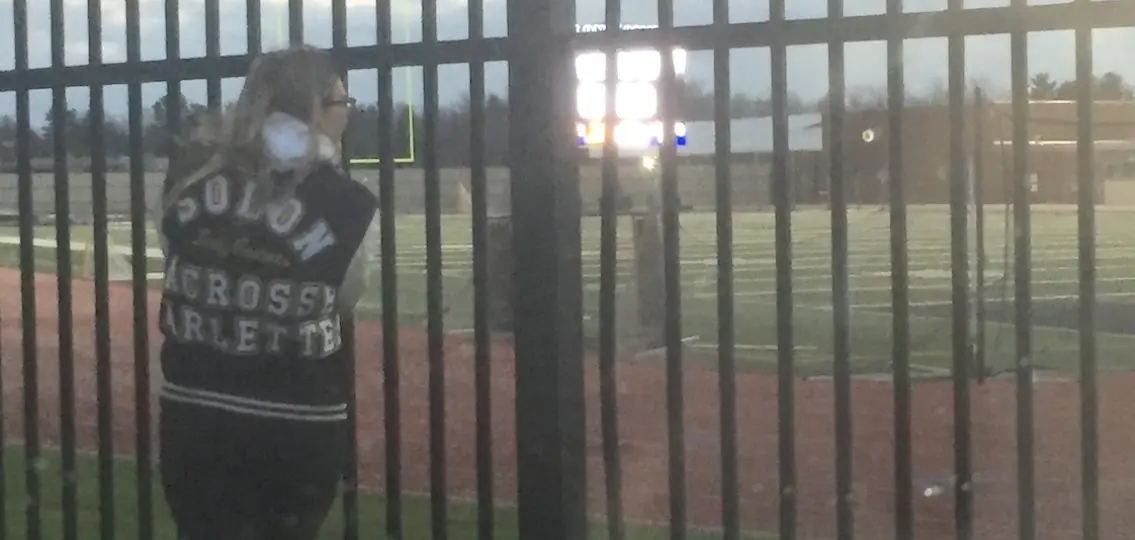
Though players, coaches, and directors couldn’t have anticipated how the fall baseball season would turn out, the changes have taught everyone to reconsider their priorities. And Elier has learned an important lesson about pursuing his baseball dreams: “Working hard is important, always.”
